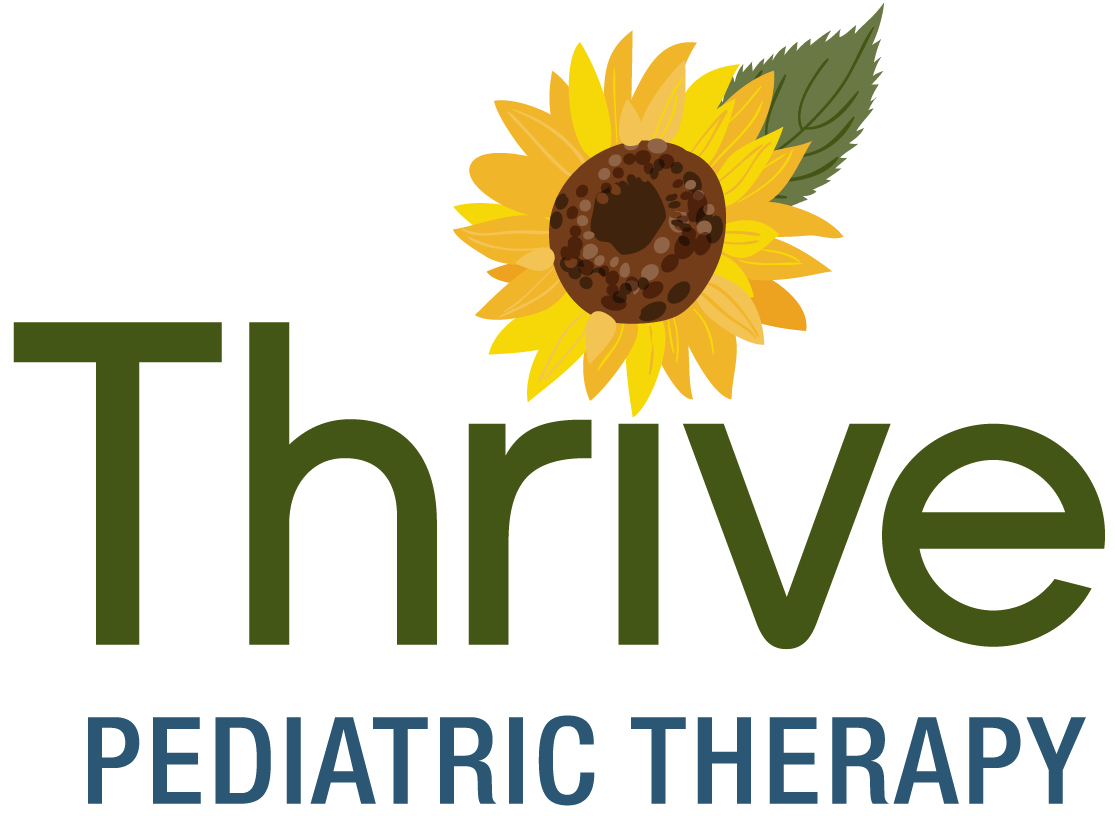Frequently Asked Questions
School-based speech therapy is geared toward supporting your child in an academic environment, whereas private speech therapy supports your child’s success in the home environment and everyday life. Perhaps the biggest difference between school-based therapy and private therapy is the ways in which children qualify for services. A child can begin receiving private speech therapy services at any time, if an evaluation shows that any aspect of the child’s communication development is impacted or below age expectations. To qualify for school-based speech therapy services, the evaluation must prove that the child’s communication needs are impacting the child’s ability to access the educational curriculum. It is important for parents to understand that a child can demonstrate deficits in communication and still not be eligible for school-based services. Private speech therapy services can be initiated prior to the child progressing to the more severe level that is often required to qualify for school services.
An article published by Marigold Pediatric Therapies states, “One benefit of private speech-language services is that services can be recommended before the impairment has progressed to the more severe level that is often required to qualify for school services. Accessing private services earlier (instead of waiting until the concerns are significant as may be necessary at school) can reduce the social-emotional impact of communication difficulties and may reduce the overall time required to remediate the concerns.”
In a school setting, children often receive group speech therapy sessions with other children, and these services take place during academic instruction time. At Thrive Pediatric Therapy, children will receive one-on-one individual speech therapy sessions, which means that 100% of the session is devoted to your child. Our services are provided at a time that is convenient for the child and their family, which means that they will not be missing valuable academic instruction time.
One of the many benefits of private speech therapy services is the continuous interaction with your child’s speech-language pathologist (SLP). If you would like to sit in during your child’s speech therapy sessions, you are more than welcome to. Following each speech therapy session, your SLP will educate you regarding your child’s progress and give you specific tips and guidance to help you support the growth of your child’s speech and language skills in the home environment. You will never be left wondering, "What is my child working on in speech therapy?" or "What can I do to help my child at home?" More carryover into the home environment = faster results! The caseload size of a private SLP also tends to be significantly smaller than the caseload size of a public school SLP, which means more time for your child.
Many children receive private speech therapy in addition to school-based therapy. Private speech therapy is an excellent supplement to school-based therapy, and it often leads to faster results. If your child was evaluated for school-based speech therapy and did not qualify for services, private therapy is a great option for you. If your child already receives school-based speech therapy and you are interested in beginning private therapy, please contact us to schedule a comprehensive speech and language evaluation. At Thrive Pediatric Therapy, we believe that collaboration with other professionals involved in your child’s care plays a crucial role in maximizing your child’s success in speech and language therapy. Our SLPs are more than happy to communicate with your child’s school SLP to discuss treatment goals and provide continuity of care.
